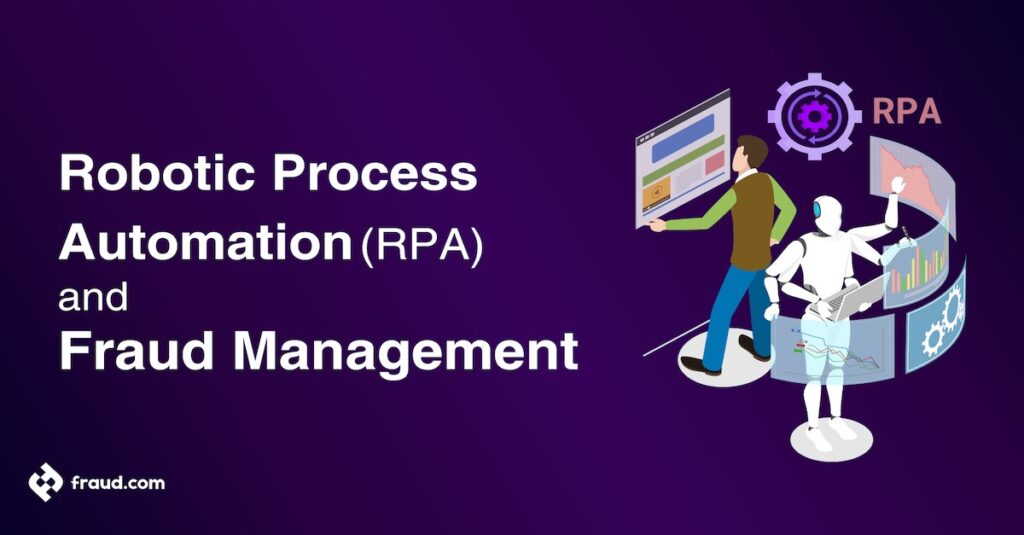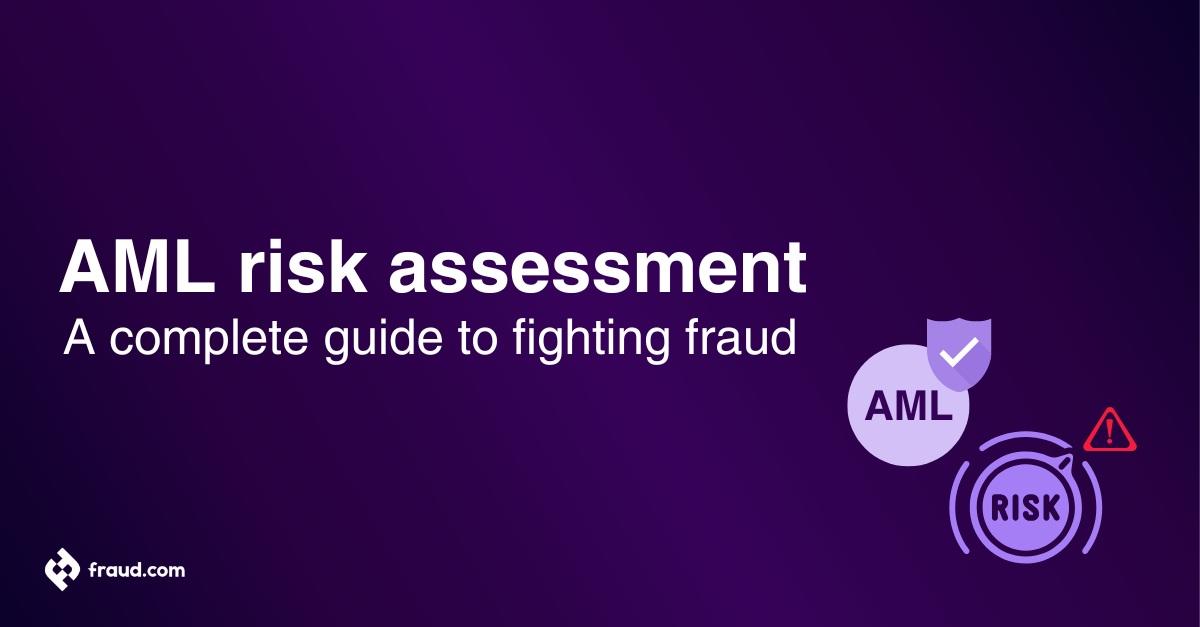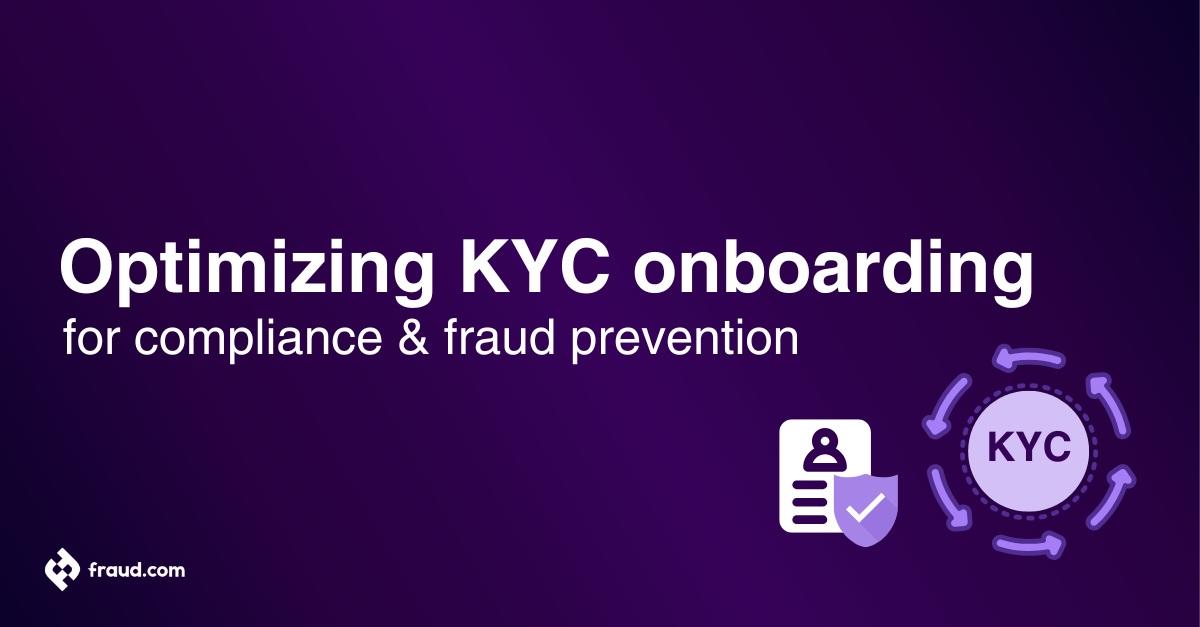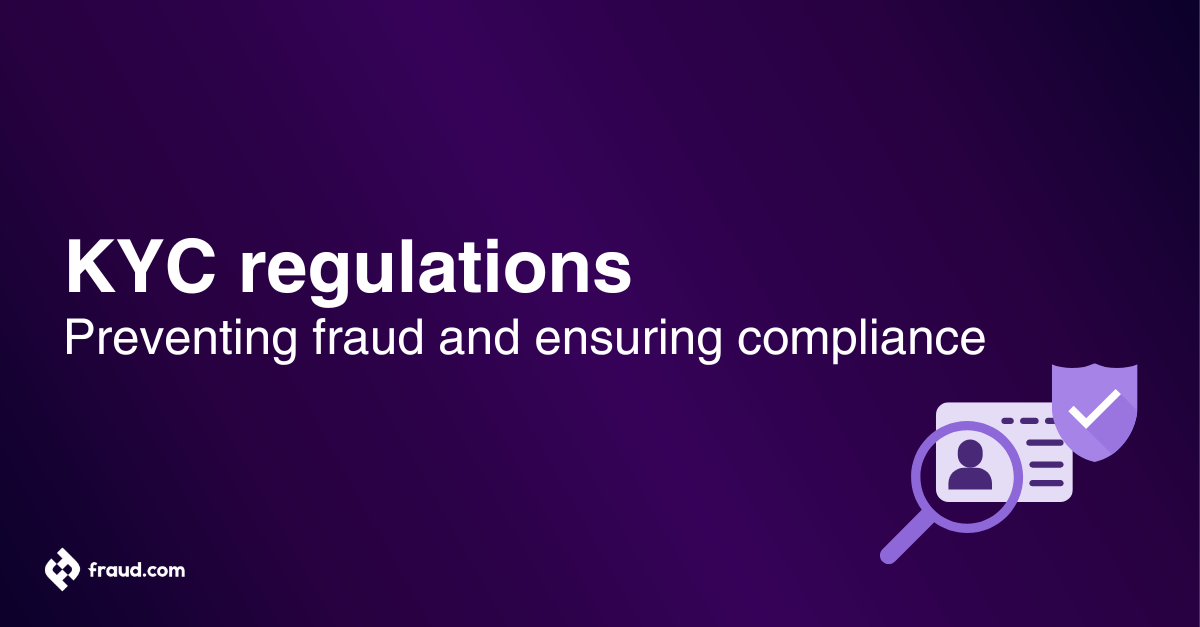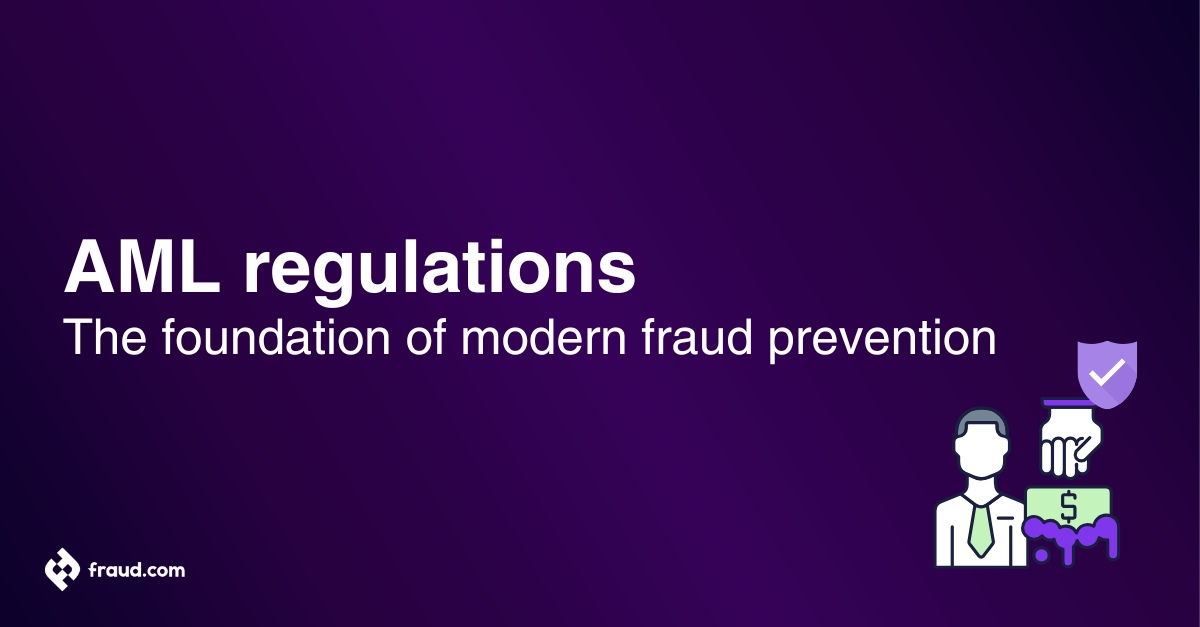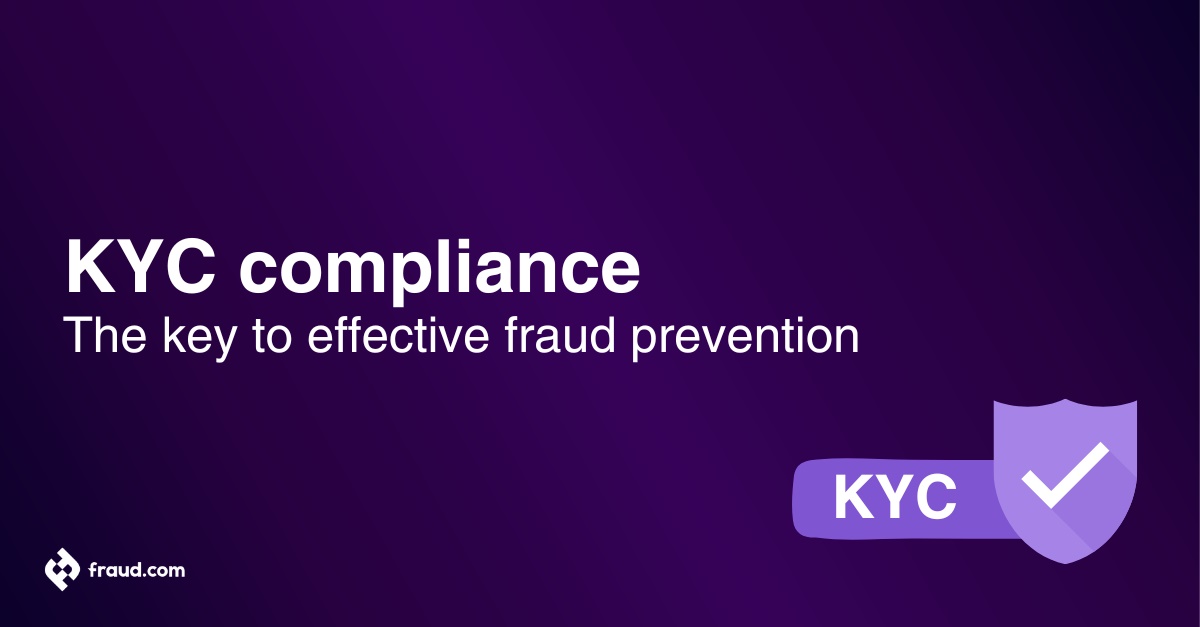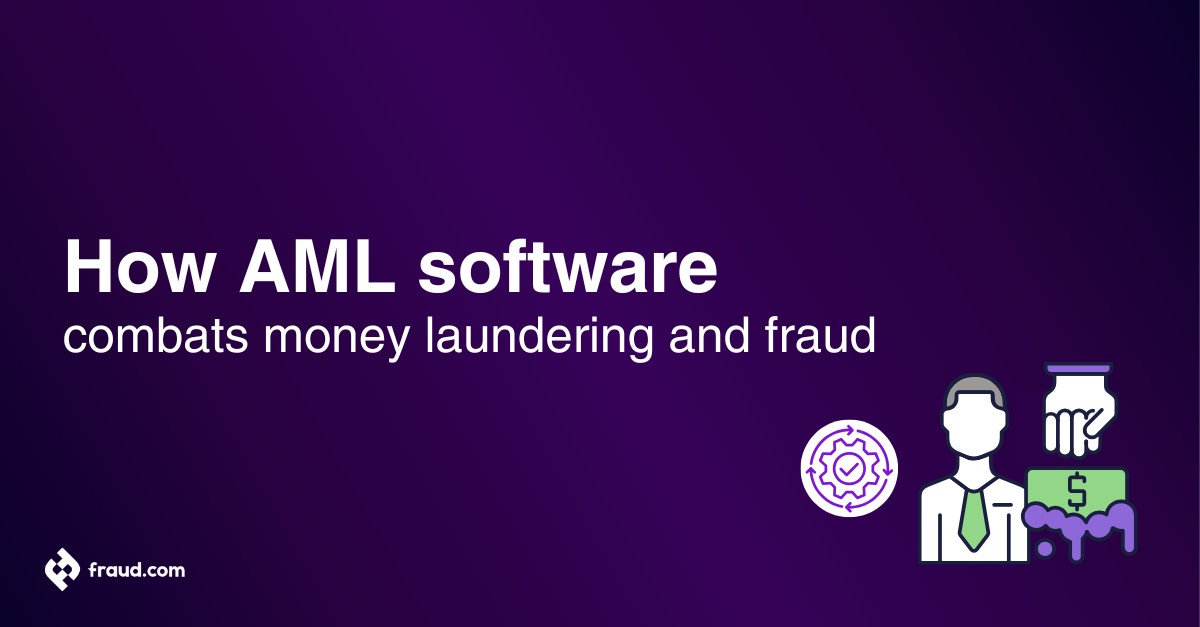In the fast-paced world of modern business, a new ally has emerged to streamline fraud and tackle challenges head-on: Robotic Process Automation (RPA). RPA frees up valuable human resources for more strategic endeavours by using software robots to automate routine tasks. One of the critical challenges that businesses face today is the increasing complexity of fraud operations. As technology advances, so do fraudulent activities, ranging from financial scams to cybercrimes.
This article aims to explore the powerful impact of RPA on effective fraud management strategies and its significant influence on businesses. By embracing RPA, companies are finding innovative ways to enhance their fraud prevention strategies. This is reshaping the landscape of fraud management, promising a more efficient and practical approach to safeguarding business interests.
Join us as we explore the connection between RPA and fraud management, revealing how this collaboration is transforming the way businesses combat fraudulent actions. We will examine the reasons behind this shift, the advantages it brings and more. By the end, you’ll understand how RPA is poised to be a game-changer for businesses seeking to stay ahead in the battle against fraud.
Table of Contents
ToggleWhat is Robotic Process Automation (RPA)?
In today’s business landscape, efficiency and precision are paramount. Robotic Process Automation (RPA) is a technological enabler designed to elevate operations to new heights. Simply put, RPA involves employing specialized automation software robots, or “bots,” to perform repetitive and rule-based tasks that were traditionally carried out by humans. These bots interact with digital systems, applications, and data sources, executing tasks accurately and tirelessly.
RPA operates within predefined parameters, following explicit instructions to complete tasks such as data entry, report generation, and data validation. It eliminates the need for manual intervention in routine processes, reducing the likelihood of human error and enabling employees to focus on higher-value activities that demand creativity, critical thinking, and strategic decision-making.
This strategic technology integration allows businesses, especially in the financial services sector, to unlock efficiency gains, minimize operational costs, and accelerate processes. By embracing RPA and its user-friendly interface, organizations can optimize workflows, improve accuracy, and pave the way for a more agile approach to addressing complex challenges, including the ever-evolving landscape of fraud management.
How does RPA work in fraud operations?
RPA, at its core, is designed to emulate human actions while interacting with software applications, thereby automating tasks accurately and efficiently. Let’s delve into how RPA functions in the realm of fraud operations by detailing the process in sequential steps.
- Step 1: Identifying the process for automation: The first step involves identifying fraud-related strategies that are good candidates for automation. These usually include routine, repetitive tasks with clear rules, such as validating credit card transactions, monitoring account activity, or detecting anomalies in business operations.
- Step 2: Designing the RPA solution: Once a process is chosen for automation, the solution must be designed, which involves developing the rules and logic to guide the RPA software. You’ll also establish which systems the RPA software will interact with and how it will handle the input and output data.
- Step 3: Configuring the RPA bot: The next step is programming or configuring the RPA bot to perform the designated tasks of prevention and alerting on suspected fraudulent activities. This includes specifying the parameters and rules for the bot, defining what constitutes as suspicious or anomalous activity, and how it will respond when such situations are detected.
- Step 4: Performing tests and training: The configured bot undergoes rigorous testing and training to ensure it is correctly identifying fraudulent occurrences and behaving as expected. This step is crucial as it helps to fine-tune the bot for operation, ensuring it can perform its tasks accurately and reliably.
- Step 5: Deployment and monitoring: Once the bots have been trained and tested, they are deployed into the live environment, interacting with real-time data. These bots continuously monitor systems and transactions, alerting human operators whenever they encounter suspected fraudulent activity.
- Step 6: Periodic reviews and updates: A periodic review of the bot’s performance is performed to ascertain if any improvements or adjustments are needed. Changes to fraud trends and techniques may require the bot to be retrained or reconfigured, ensuring it remains effective in countering evolving forms of fraud.
RPA streamlines fraud prevention efforts by monitoring large sets of data round-the-clock for suspicious activities and anomalies, ensuring speedy prevention and alerting of potential fraud. This capacity to operate non-stop, coupled with the ability to process large volumes of data accurately, minimizes the window of opportunity for fraudulent activities and enhances the entire fraud management process. This is why companies increasingly turn to RPA as a core part of their anti-fraud strategies.
Benefits of RPA in fraud management
Robotic Process Automation (RPA) brings multiple advantages to businesses that integrate it into their fraud management strategies. This powerful alliance enhances the way organizations manage and mitigate fraudulent activities, revolutionizing the landscape of security and integrity. The benefits include:
- Increased accuracy: RPA’s consistent and rule-based approach significantly boosts fraud prevention accuracy, minimizing the chances of overlooking suspicious activities.
- Reduced false positives: By refining the analysis of data patterns, RPA reduces false positives, allowing organizations to allocate resources more efficiently and focus on genuine threats.
- Enhanced speed of response: RPA’s rapid processing capabilities ensure quick identification and response to potential fraud incidents, mitigating risks and minimizing financial losses.
- Improved regulatory compliance: Automated processes enabled by RPA ensure that fraud management practices align with regulatory standards, reducing compliance risks and potential penalties.
- Cost savings: RPA streamlines operational workflows, reducing manual intervention and associated costs. This efficiency translates into substantial cost savings for businesses.
As businesses adopt RPA as an anchor in their fraud management endeavours, these benefits collectively fortify their defences against an ever-evolving landscape of fraudulent activities.
Understanding RPA and its role in fraud management
To genuinely grasp the role RPA plays in fraud management, we first need to detail the challenges businesses face in preventing fraudulent activities. Fraudsters are continually evolving their tactics to bypass traditional defences, making it harder for businesses to identify and respond to fraud schemes swiftly and effectively. Manual fraud prevention methods are prone not only to human error but can also be overwhelming due to the sheer volume of data involved.
RPA tools are capable of leveraging automation, artificial intelligence, and machine learning to enhance the efficiency and effectiveness of fraud prevention efforts. So, how does it play its part in fraud management?
- Continuous monitoring and prevention: RPA bots can continually monitor interactions and transactions across various systems, searching for anomalies and signs of fraudulent activities. Their ability to perform this task relentlessly, without needing breaks, maximizes vigilance and reduces the potential for fraud to go undetected.
- Efficient fraud analysis: By automating the process of fraud analysis, RPA bots can comb through vast quantities of transactional data far beyond human capabilities, and in a fraction of the time. They can identify suspicious patterns and violations of predefined rules that may not be readily apparent to human analysts, further enhancing fraud prevention capabilities.
- Rapid response and mitigation: Once a potential threat is detected, RPA bots can respond swiftly, often in real-time, to prevent further damage. This can involve immediate actions like blocking suspicious transactions, notifying risk management teams, or triggering subsequent investigative processes.
- Consistent compliance: RPA bots adhere strictly to the policies and procedures they’re programmed with, ensuring full compliance with regulatory requirements and internal controls. This ability eradicates the risk of human error and dramatically reduces the likelihood of incurring penalties for non-compliance.
- Mitigating fraud risks in the future: With their capacity to learn and evolve – thanks to machine learning and artificial intelligence – RPA bots can counter future fraud risks. They can adapt to new and evolved fraudulent tactics, making them a proactive defence mechanism that keeps pace with the changing fraud landscape.
In summary, RPA plays a pivotal role by acting as the first and constant line of defence in fraud management. It offers persistent monitoring, efficient analysis, rapid response, and full compliance, and is prepared to mitigate future fraud risks. As such, RPA is not only a reactionary measure but also a preventative solution contributing to more robust, more reliable fraud management strategies.
The future of RPA
As businesses continue to harness the power of Robotic Process Automation (RPA) to combat fraud, the trajectory of this alliance points towards even more remarkable possibilities. The future of RPA in fraud management holds the promise of heightened efficiency, greater accuracy, and a proactive stance against emerging threats. Here’s a glimpse of what lies ahead:
Advancements in RPA technology: RPA technology is evolving at an impressive pace, with continual refinements that enhance its capabilities. In the realm of fraud management, these advancements are expected to encompass:
- Cognitive Abilities: RPA systems with advanced cognitive capabilities will be able to analyze patterns, detect anomalies, and adapt to new fraud trends in real-time.
- Advanced machine learning: Integration of advanced machine learning algorithms will empower RPA to learn from historical data, improving its accuracy in identifying potential fraud instances.
AI-powered RPA: The convergence of RPA with Artificial Intelligence (AI) will birth a new era of fraud management. AI-powered RPA systems will:
- Enable predictive insights: By analyzing vast amounts of data, AI-driven RPA will predict potential fraud incidents, allowing businesses to proactively implement preventive measures.
- Enhance decision-making: AI-infused RPA will provide actionable insights to human analysts, facilitating informed decision-making in fraud detection and response.
Predictive analytics in fraud management: Predictive analytics, when coupled with RPA, will revolutionize fraud management strategies:
- Early detection: Predictive models will identify potential fraud risks before they escalate, enabling organizations to intervene early and minimize damage.
- Dynamic risk assessment: RPA-driven predictive analytics will adjust risk assessments in real-time, aligning fraud management strategies with evolving threats.
Long-term benefits of RPA investment: Investing in RPA for fraud management isn’t just a short-term solution; it’s a strategic move that yields enduring benefits:
- Sustainable fraud prevention: RPA’s ability to adapt to new fraud patterns ensures long-term fraud prevention without being rendered obsolete.
- Resource optimization: RPA’s efficiency translates to consistent resource optimization, maximizing the impact of anti-fraud efforts.
As we stand at the crossroads of technological innovation and business security, the prospect of RPA in fraud management emerges as a beacon of resilience and adaptability. Embracing these upcoming advancements ensures that businesses stay ahead of fraudulent activities while capitalizing on the full potential of RPA in safeguarding their operations.
RPA by fcase
To successfully integrate RPA into fraud management strategies, businesses need the support of a partner proficient in both domains, fcase provides this. We’re a leading force in fraud management, bringing innovative, comprehensive solutions that utilize RPA for enhanced management and prevention of fraudulent activity.
Our robust platform, coupled with RPA’s power, allows businesses to automate many aspects of their current manual-based fraud operations. Not only do we assist in streamlining your operation, but with the integration of RPA, machine learning, and AI, we help augment the accuracy and speed of fraud operations, enabling you to respond and act swiftly.
With fcase’s forward-thinking approach, businesses can not only stay ahead of current fraudulent schemes and practices, but they also become equipped to prevent and counter emerging threats. Aligning fraud management strategies with the advancements of RPA is not just an option—it is a necessity in today’s digital era.
In fcase, we don’t just automate existing processes but we offer organizations the advantage of integrating data from various sources to gain a unified view of their fraud landscape. This greatly enhances the ability to set nuanced RPA rules and actions based on a more comprehensive understanding of data patterns and potential threats.
For example, if a financial institution such as a bank receives data from multiple channels, such as online banking, credit card transactions, customer service and mobile banking apps, fcase gathers this information into one holistic view in a convenient user interface. Based on these combined insights, RPA rules are formulated that can discern patterns or activities that may be suspicious when viewed in a collective context but may be missed when channels are viewed in isolation.
This integrated approach ensures efficient, highly effective fraud prevention, and management that can adapt to the evolving tactics of fraudsters. It demonstrates fcase’s approach of combining technology and strategy to deliver exceptional fraud management solutions.
fcase empowers businesses to make this leap seamlessly, securing their operations, and amplifying their resilience in combating fraud, now and in the future.

